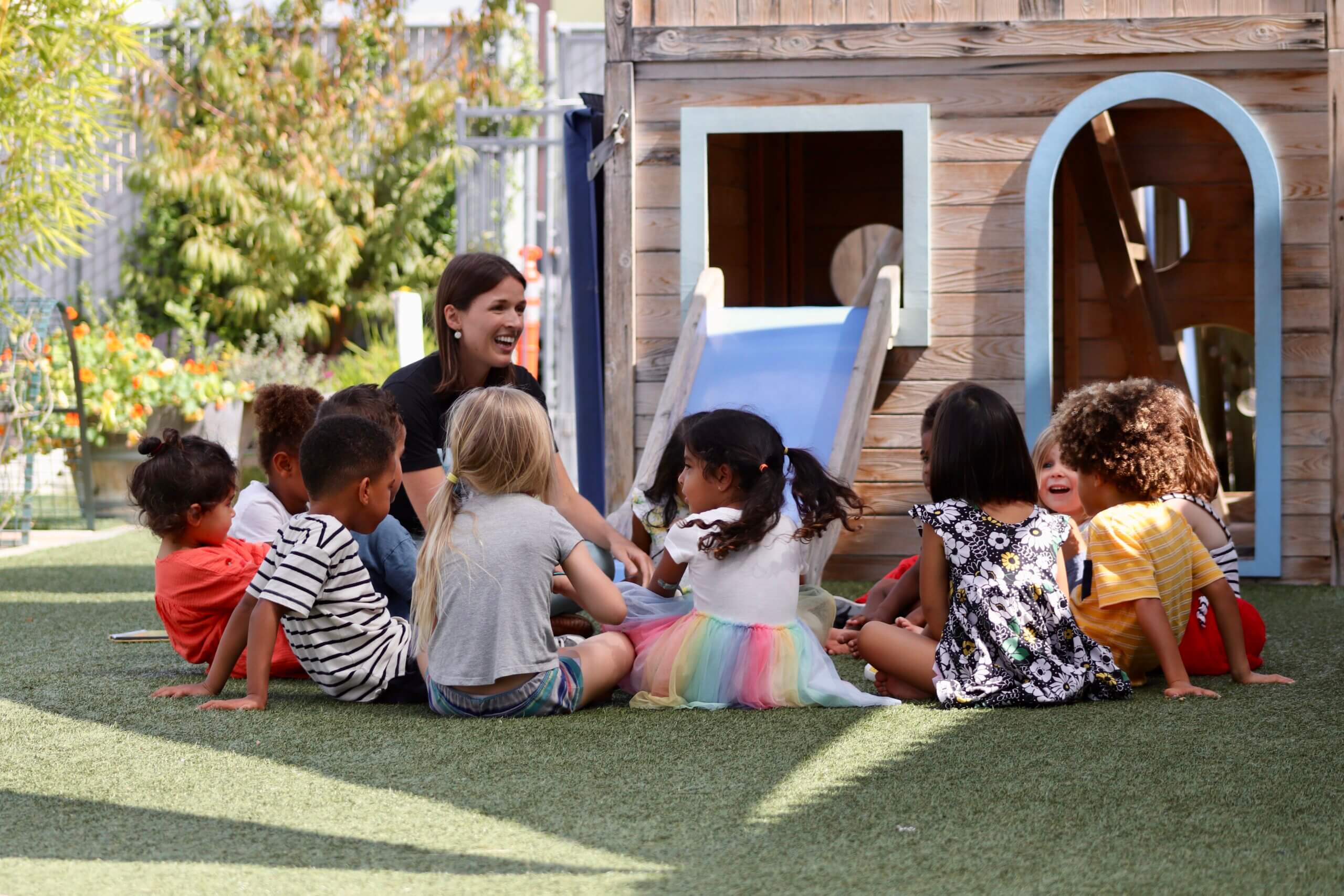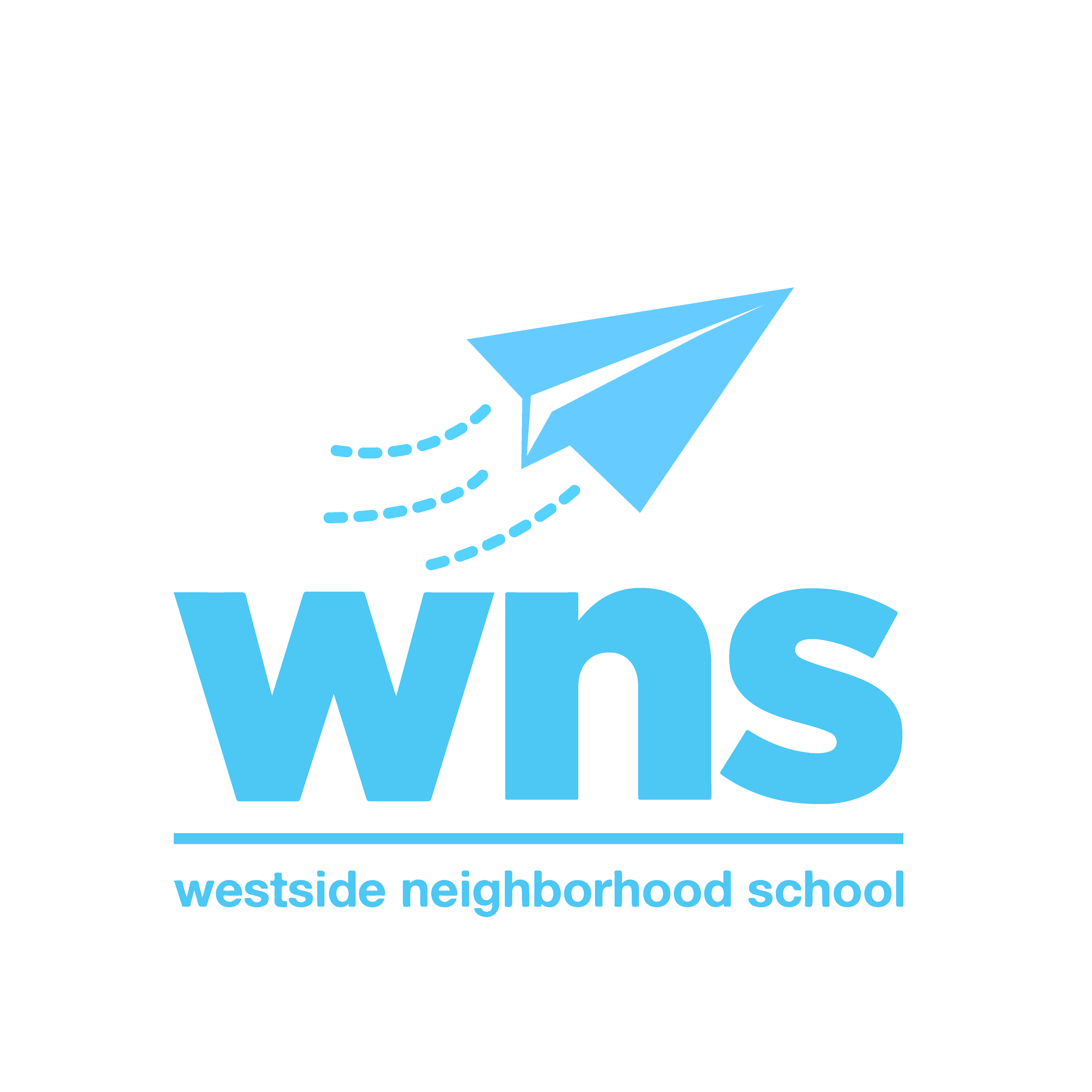
At Westside Neighborhood School, students from the Early Childhood Center (ECC) to the 8th grade often start their days expressing a form of gratitude. For younger children, this might look like sitting in a circle and wishing one another a great day ahead, and for others, it might be writing a letter of appreciation to a friend.
It is no secret that a regular practice of gratitude holds great benefit to us all as individuals, from supporting positive mental health to strengthening our interpersonal relationships. Regularly acknowledging the things for which we are grateful can also help manage stress, make it easier for us to forgive, and contribute to improving our outlook on life, all things that are important to the development of young people.
Perhaps most important is the notion that, as author and researcher Brené Brown states, gratitude is what separates privilege from entitlement.
Privilege is a complicated topic to discuss with children, but we can start by talking to them about the importance of gratitude, and this can lay the groundwork. They should learn that by practicing gratitude, they are thankful for the things they have and that they acknowledge that the access and advantages can be fragile and must be treated with great care. This should not be about making children feel guilty for the things they have or the privileges that they may have been born into. Instead, it is about teaching children that gratitude is an action to be regularly practiced to remain firmly grounded in care for the mind, body, and spirit.
At WNS, this practice takes shape through various age-appropriate activities which help children get into the habit of expressing gratitude in a range of ways. For the youngest students, this could be sharing a snack together and learning to be thankful for the food we have. Our elementary-aged students have “bucket filler” activities, where they fill a teacher or peer student’s buckets with a kind word or note to that individual. As students progress through to middle school, they are able enhance their practice by grasping more in-depth concepts surrounding privilege, and these conversations are introduced during their advisories as well as in their English and social studies classes. Questions such as “What do I have the privilege of, that others may not?” are asked in an environment where there are no wrong answers, and mistake-making is accepted as an essential part of the learning process.
Ultimately, gratitude is like a muscle. It requires practice to build up, but once it’s used regularly, it can play an impactful role in a child’s life.
What can parents and caregivers do at home to engage in these conversations? We have linked here a downloadable handout with a range of activities and conversation-starters for introducing or maintaining the practice of expressing gratitude with your child. We hope you find value in this resource as you begin to explore the concept of gratitude with your student!
Westside Neighborhood School is a preschool-8th grade school in Los Angeles’ Silicon Beach area. To learn more about the WNS experience, schedule a campus tour today.






